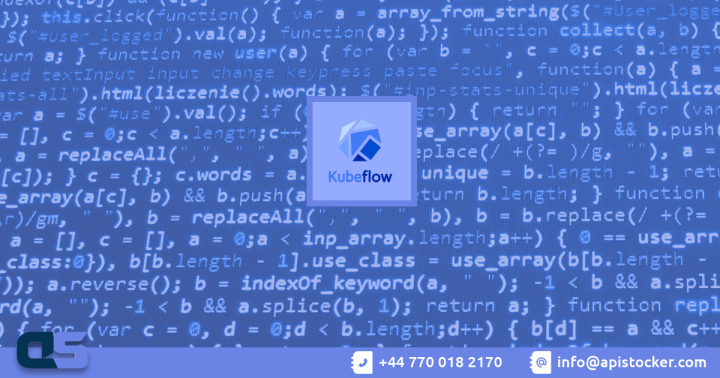Kubeflow is an open-source platform for machine learning and MLOps on Kubernetes introduced by Google. The different stages in a typical machine learning lifecycle are represented with different software components in Kubeflow, including model development (Kubeflow Notebooks[4]), model training (Kubeflow Pipelines,[5] Kubeflow Training Operator[6]), model serving (KServe[a][7]), and automated machine learning (Katib[8]).
Each component of Kubeflow can be deployed separately, and it is not a requirement to deploy every component.
The Kubeflow project was first announced at KubeCon + CloudNativeCon North America 2017 by Google engineers David Aronchick, Jeremy Lewi, and Vishnu Kannan[10] to address a perceived lack of flexible options for building production-ready machine learning systems.The project has also stated it began as a way for Google to open-source how they ran TensorFlow internally.
The first release of Kubeflow (Kubeflow 0.1) was announced at KubeCon + CloudNativeCon Europe 2018[13].[14] Kubeflow 1.0 was released in March 2020 via a public blog post announcing that many Kubeflow components were graduating to a "stable status", indicating they were now ready for production usage.
In October 2022, Google announced that the Kubeflow project had applied to join the Cloud Native Computing Foundation. In July 2023, the foundation voted to accept Kubeflow as an incubating stage project.

